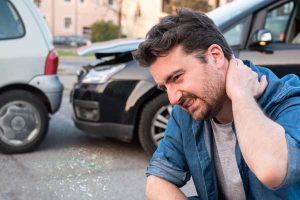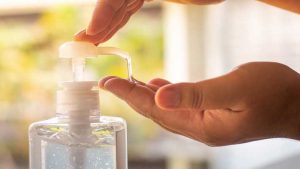Bill Seeks Mandatory Safety Standards for Home Generators
 Many homeowners rely on portable generators to keep their homes functioning during widespread power outages especially during storm season. While these generators are effective in keeping the heat and lights running until power can be restored, they do pose potential dangers. Although warnings about these dangers and instructions on the safe use of home generators are prevalent, people die every year in generator-related accidents. Now there is a bill before Congress intended to reduce the number of preventable deaths and injuries attributable to portable generator use.
Many homeowners rely on portable generators to keep their homes functioning during widespread power outages especially during storm season. While these generators are effective in keeping the heat and lights running until power can be restored, they do pose potential dangers. Although warnings about these dangers and instructions on the safe use of home generators are prevalent, people die every year in generator-related accidents. Now there is a bill before Congress intended to reduce the number of preventable deaths and injuries attributable to portable generator use.
The bill calls for the Consumer Product Safety Commission to impose a set of standardized safety measures for all new portable generators requiring, among other things, lower carbon monoxide emissions and built-in CO shut-offs that would automatically stop generators before carbon monoxide levels reached a danger point. To learn more, read “New Bill in Congress Aims to Prevent Generator-Related Deaths and Injuries.”
 New Jersey Injury Lawyers Blog
New Jersey Injury Lawyers Blog










